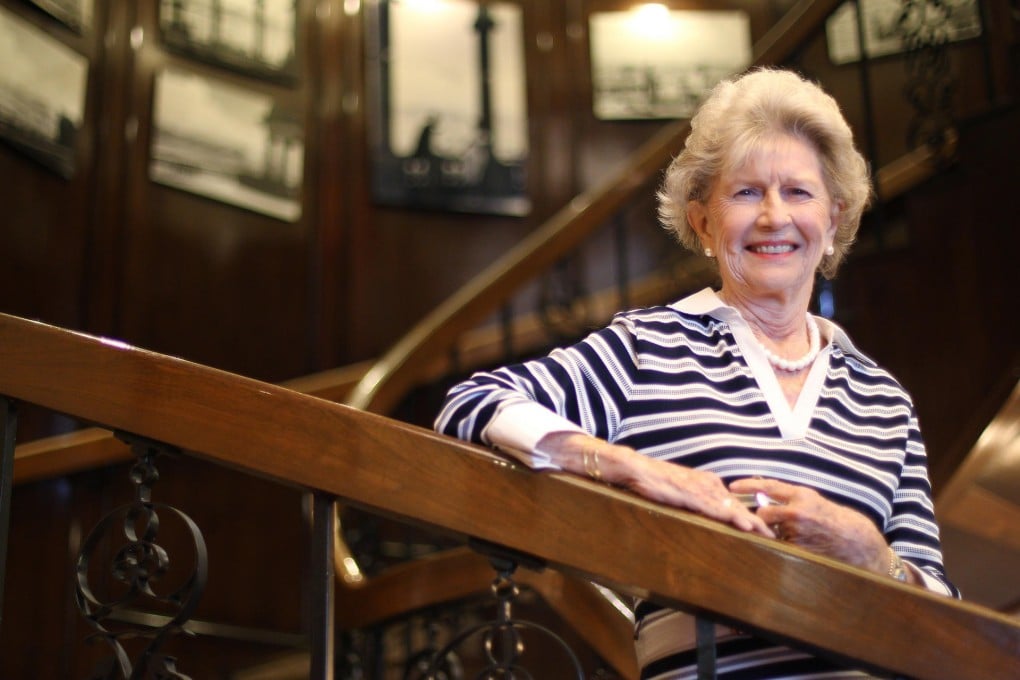Wherever help is needed this worker will be there
From special-needs education to treating refugee children to a day out, Anne Marden has always been on hand to organise the best aid possible

Growing up in Shanghai in the 1930s, Anne Marden saw plenty of poverty around her.
The sufferings of the poor she saw in her youth inspired her to commit herself to a lifetime of helping the less fortunate, devoting herself to decades of aid work, particularly in education.
Marden returned to England with her family before the second world war, and she remained there until the late 1940s when she returned to Asia and married the late Wheelock Marden taipan John Marden. In 1960, she became director of the Red Cross in Hong Kong.
"At the time, we were an adjunct of the British Red Cross," says Marden, 87. "We started a school for physically handicapped children. Back then, if you started with everything working, you had a chance of making good. But if you had a disability of any kind, it was very different. The school was in Kwun Tong, which in those days was an empty hillside. We took in children who could benefit from an education."
It was Hong Kong's first special-needs school, which is today known as the Princess Alexandra Red Cross School. "The Red Cross was very small then. We used to go wherever we were needed," Marden says.
When fires broke out in the squatter areas, she and her colleagues would hand out clothing and blankets to people who had lost everything.